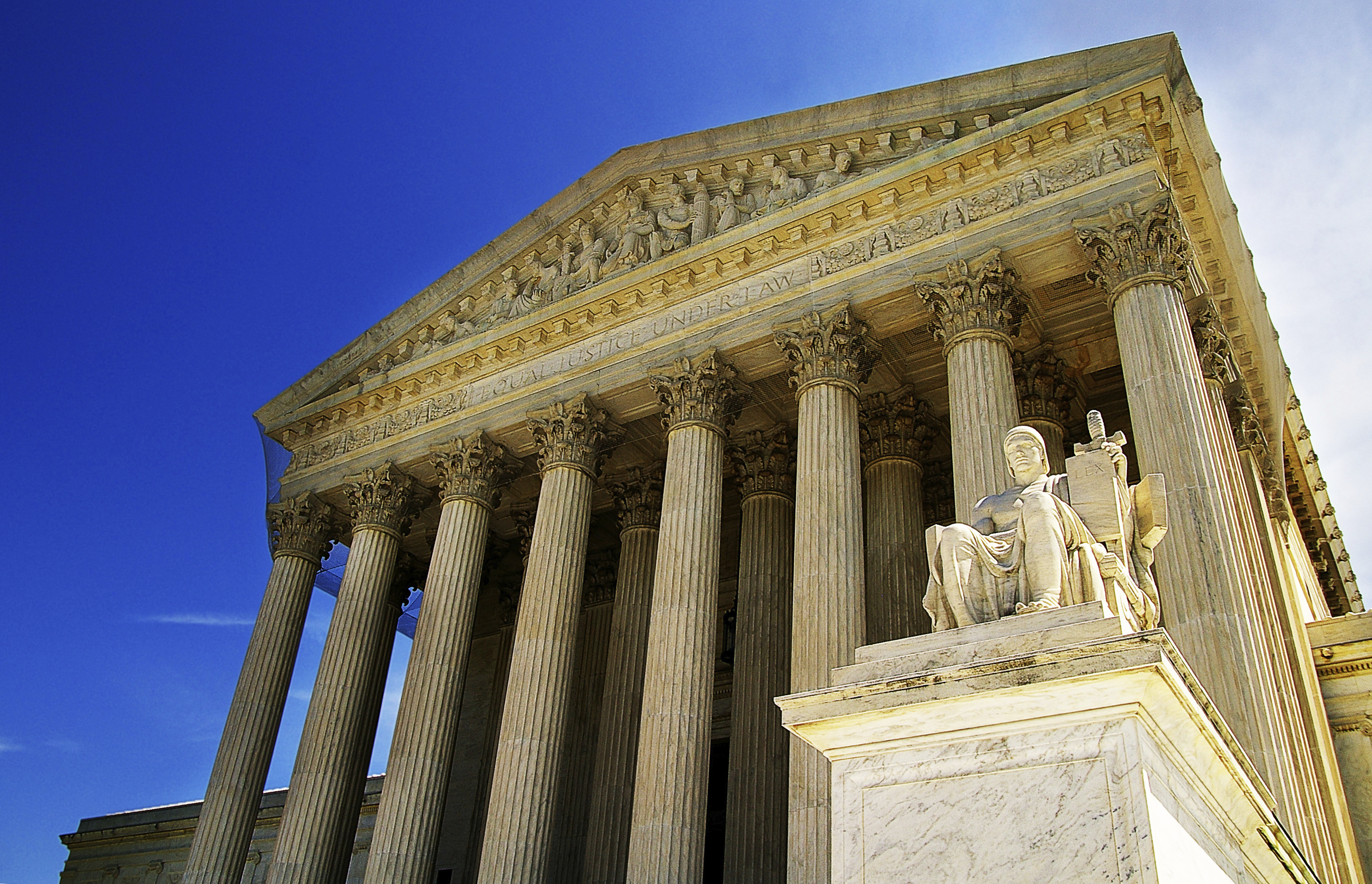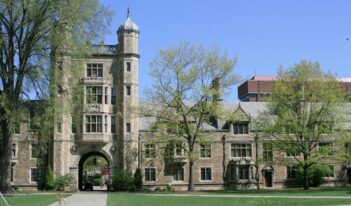
Recent Supreme Court decision is a wake-up call for state licensing boards claiming antitrust immunity.
The notion that practitioners of the “learned professions” are not engaged in trade or commerce, and thereby shielded from antitrust scrutiny, was judicially debunked 40 years ago. In a sweeping trifecta, the Supreme Court successively ruled that attorneys, engineers, and physicians were not entitled to blanket immunity for anticompetitive conduct.
One antitrust sanctuary that does persist is reserved for the activities of state governments, given their role as residual sovereigns with the inherent authority to regulate in the public interest. What happens, then, when state legislatures cede control over professional regulation to practicing members of the professions themselves? Usually, a relatively happy balance ensues, with the states discharging their duty to protect public health and safety, the professions maintaining their longstanding tradition of self-regulation, and the state-sanctioned professional boards staying within their historical purview of licensing, discipline, and ethics.
When these professional boards go further, however, and venture into territory where their authority is less clear-cut, navigating the divide between state police powers and federal antitrust law becomes a dicier proposition. By some accounts, the state has succumbed to a particularly pernicious form of regulatory capture, whereby its agencies are not only imprisoned but entirely toppled by a self-imposed coup d’état. Even worse, critics say, the regulatory boards have morphed into the very definition of a cartel, all but proving George Bernard Shaw’s literary charge that “all professions are conspiracies against the laity.”
In the past, the Supreme Court addressed this issue by looking to whether the licensing boards were acting pursuant to a state mandate. Thus, the Virginia State Bar’s enforcement of a minimum fee schedule was subject to antitrust analysis because the commonwealth’s judiciary did not compel the anticompetitive conduct at issue (i.e., price fixing). In contrast, the Arizona State Bar’s prohibition on attorney advertising was exempted from liability under the Sherman Act because that state’s highest court had created the rule and was the final arbiter of discipline under it. This blanket speech suppression did violate the First Amendment, but that’s another story.
Subsequently, the Supreme Court laid out a two-part test for extending state-action immunity to non-sovereign actors: namely, the anticompetitive conduct at issue must be “clearly articulated and affirmatively expressed as state policy,” as well as “actively supervised by the state itself.” Until the most recently concluded term, however, the Court had never squarely addressed the question of whether a state regulatory agency controlled by “active market participants” must satisfy this test in order to avail itself of antitrust immunity.
The occasion for the Supreme Court to decide the issue earlier this year was provided by the North Carolina State Board of Dental Examiners, which by state law is charged with regulating dentistry and must include 75% membership of actively practicing dentists. Through cease-and-desist letters and other aggressive tactics, the dental board undertook and largely succeeded in expelling low-priced teeth-whiteners from offering competing services in the state. When the Federal Trade Commission (FTC) intervened, the board claimed state-action immunity. As the case made its way to the Supreme Court, state governments and professional groups largely sided with the dental board, warning of unwarranted federal intrusion into state regulatory prerogative. Yet a diverse group—including consumer advocates, libertarians, economists, legal scholars, allied health professionals, and alternative service providers like LegalZoom—urged the Court to rein in the nefarious expansion of guild protection in the guise of public welfare.
In North Carolina Board of Dental Examiners v. FTC, the Court ruled 6-3 that the dental board’s “controlling number” of active market participants rendered it a hybrid entity subject to the longstanding two-part test when claiming state-action immunity, much like a private actor. The majority cited recent legal scholarship showing the free market costs of overzealous occupational protectionism. Although presaged by earlier opinions highlighting the significance of legislative and judicial oversight of licensing boards, the Supreme Court’s decision earlier this year was nonetheless a wake-up call as to the potential antitrust liability of boards and commissions ostensibly operating under the aegis of the state. Indeed, the Court twice explicitly likened these entities to “private trade associations” vested with state power, as opposed to bona fide state agencies—a devastating analogy that relegated their statutory basis to “nomenclature alone.”
At the same time, the Court reiterated its sympathy for the United States’ “strong tradition of professional self-regulation,” with justices even engaging in a colloquy during oral argument about the perils of turning over neurology qualifications to the judgment of non-neurologists. From the moment it eviscerated the “learned professions” defense four decades ago, the Court has simultaneously left open the possibility that certain self-regulatory functions performed by professional bodies “may be treated differently” under antitrust law. As the sociologist Paul Starr notes in his Pulitzer-prize winning book on American organized medicine, the hallmark of what it means to be a profession is adherence to standards that exceed marketplace rules and sensitize its members to scrutiny by colleagues, not customers.
The precise extent to which the Court’s recent decision places professional self-regulation in peril is not entirely clear. Although the inevitable advocacy letters and legal challenges to state practice rules have already started to materialize, it remains unrealistic—and arguably unwise—for licensing boards to reorganize to exclude practicing professionals. Rather, regulators will have to anticipate better what types of board actions may be found to constitute an unreasonable restraint of trade, and then to ensure those actions are sufficiently reviewed and endorsed by a genuine state supervisor before being put into effect. Anticompetitive conduct will only pass antitrust muster if it promotes the unambiguous policy of the state.




